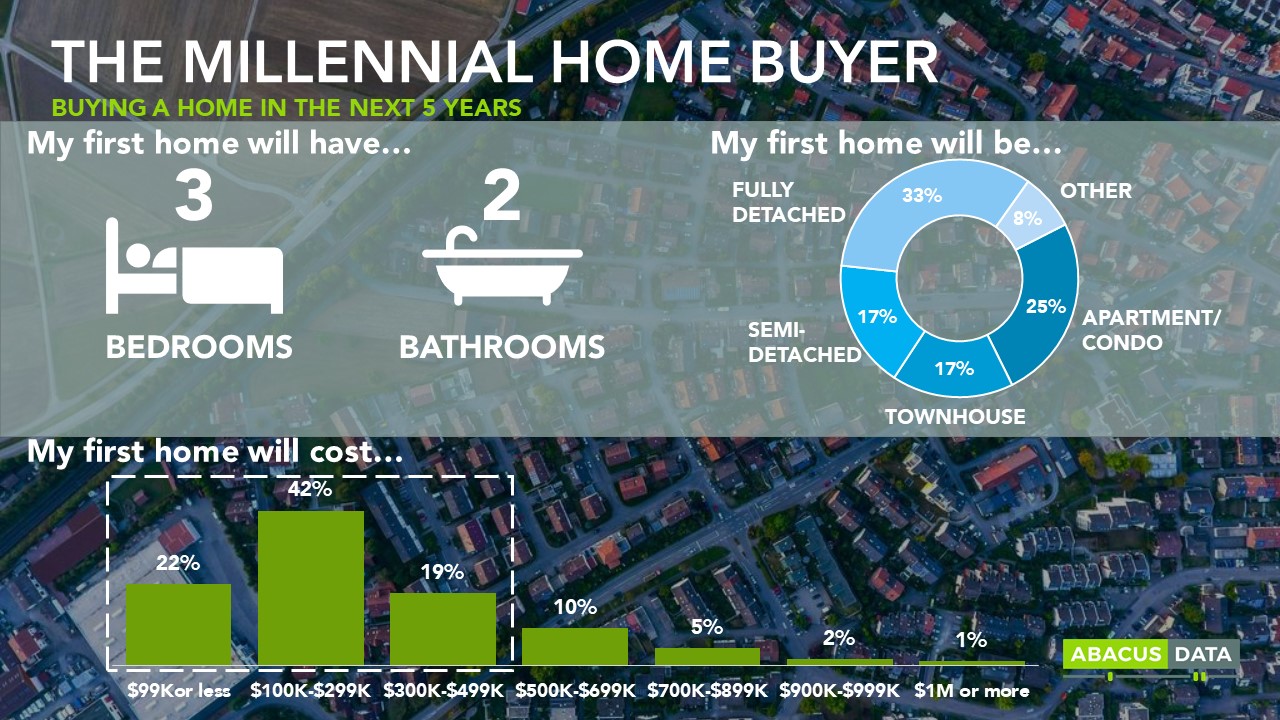We are not amused: How Millennials played “king” maker in UK General Election 2017
July 14, 2017
Welcome to our new series The Millennial Vote. In this series we will look at how Millennials are voting in elections around the world. Today we will be looking at the UK general election which took place on June 8th, 2017.
Some context, this “snap” election was called by Conservative Party Leader, Theresa May and ratified by Parliament on the 19th of April, 2017.
At the same time the Conservatives held a small majority of seats in the House of Commons. Brexit, the British secession from the European Union had left the Party divided between the “Remainers” and the “Leavers”. The forthcoming EU negotiations were feared by many as the straw that would break the camel’s back. Ms. May knew that an election would provide an influx of new pro-Brexit MPs which would shore up the Party and ward off the specter of schism. Coincidentally, the Conservative’s main opposition, the Labour Party were about as popular as smallpox, polling nearly 10 points below the Tories. Looking at the landscape and seeing the proverbial magic bullet, Ms. May called for a general election citing the need for a stronger mandate to negotiating Brexit.

Well, 49 days later, 32 million votes cast, a no-show leader and an absolutely stellar campaign video later; the Conservatives were reduced to a minority government, Labour picked up 32 seats (Telegraph: 2017) and the Lib Dems…well despite the public endorsements galore, they still managed to hold on to the cusp of irrelevance (much like the Toronto Maple Leafs, “don’t worry boys we’re in a restructuring year, next year it’s the Cup”).

Now enters the question, what happened? How was a 10 point plus Conservative lead whittled away to a 2 point popularity gap? The answer: Millennials. Or at least that is what the exit polls suggest. According to the Lord Ashcroft Exit Poll, Millennials overwhelmingly voted Labour. Historically, it is said that young people tend to vote for parties that lean to the left end of the political spectrum while the older people tend to vote more conservatively. This colloquialism is corroborated by new research published by the British Election study.

Terrific, case closed, demographics for the win! Millennials (in part because of their age) tend to vote left and since this election contained the largest number of Millennials than has ever been before (UK Census: 2012), Labour would naturally have a bump in the polls.
Brexit holds a special significance to Millennials. Many credit the “Remain” side’s failure due, in part, to the under participation of young people at the polls. Only 36% of eligible Millennials cast a ballot in the Brexit referendum despite being one of the most vocal “Remain” segments and to many UK Millennials this is worn as a badge of anger and shame. When the snap election was called, many Millennials began to see it as an opportunity to retaliate against the Party that they perceived as the harbingers of Britain’s secession. Labour actively campaigned against Brexit during the referendum thus there was the natural link between them and the “remain” vote. Additionally Labour specifically targeted Millennials in their campaign messaging. From their position on Brexit to their Millennial targeted campaign ads; Labour was the Party best positioned to capitalize on the wave of disgruntled Millennials.
However, as seen in a recent Ipsos-MORI poll Britons indicated that their top five issues this election were (1) Brexit, (2) Healthcare, (3) The economy, (4) Education, and (5) Asylum and immigration. Of those issues the public trusted that the Tories were the best to handle all save only healthcare. Both young and old trusted May’s Conservatives along traditional left-right issues, then why the loss of support? This brings into question whether or not traditional left-right issues were relevant to Millennials during this election. Dr. Jonathan Mellon form Nuffield College, Oxford is one who believes that traditional left-right issues are losing their sway on voters’ decision making processes, “If you look back to the 1960s about 13% of people would be willing to change who they voted for. Now, looking back at 2015 [last UK general election] that number has grown to nearly 40%…” (BBC: 2017). He is one of many researchers that see the electorate as becoming more issues based rather than self-identifying as one political stripe.
Bringing this into our calculus, we can make greater sense from the election results. Brexit was an issue that cut across the left-right divide and was perhaps THE central issue of the election; it definitely was for May.
Brexit holds a special significance to Millennials. Many credit the “Remain” side’s failure due, in part, to the under participation of young people at the polls. Only 36% of eligible Millennials cast a ballot in the Brexit referendum despite being one of the most vocal “Remain” segments and to many UK Millennials this is worn as a badge of anger and shame. When the snap election was called, many Millennials began to see it as an opportunity to retaliate against the Party that they perceived as the harbingers of Britain’s secession. Labour actively campaigned against Brexit during the referendum thus there was the natural link between them and the “remain” vote. Additionally Labour specifically targeted Millennials in their campaign messaging. From their position on Brexit to their Millennial targeted campaign ads; Labour was the Party best positioned to capitalize on the wave of disgruntled Millennials looking for revenge after Brexit.
In sum, Millennials, and some pretty terrible political gaffes, brought us to this hung parliament. Despite agreeing that the Tories were the best choice on traditional left-right issues Millennials swung over to Labour en masse principally over shared views on Brexit. Wanting that sweet revenge, more Millennials than anticipated came out to vote and weakened the Tory support bringing about a stronger Labour Party.
Now, Millennials are a fickled bunch and it is to be seen if they are to be the bloc of which Labour will build its house. Or, the temporary wave they ride in the turbulent sea of public opinion. What are your thoughts? Do you agree with our analysis? Share your thoughts on our Facebook and Twitter.
Would you like to know more about the Millennials voter? Contact us to discover our full range of research and analytics services.



